In honor of Asian American / Pacific Islander (AAPI) Heritage month, we reached out to the directors of three AAPI-led organizations supported by WKKF. Through these conversations, we learned that solidarity and collaboration were the watchwords of a year with deeply complex challenges. This spotlight features EunSook Lee, director of the Asian American and Pacific Islander Civic Engagement Fund (the Fund) and creator of the Shared Liberation Network.
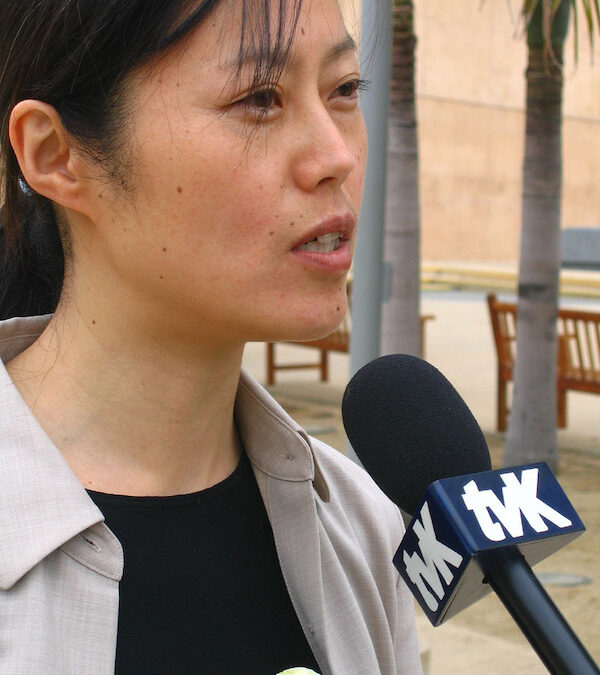
"AAPIs are a permanent and important part of the growing multiracial coalition that seeks to undo the harm of racism in our country. No one has been left unscathed by the scourge of the pandemic and the rise in racist violence. But we are also inspired by the many Americans, of all races and backgrounds who have come together to support AAPI groups on the frontlines..."
EunSook Lee, director of the Asian American and Pacific Islander Civic Engagement Fund
“This year has been devastating to all our communities,” says Lee. “AAPIs are a permanent and important part of the growing multiracial coalition that seeks to undo the harm of racism in our country. No one has been left unscathed by the scourge of the pandemic and the rise in racist violence. But we are also inspired by the many Americans, of all races and backgrounds who have come together to support AAPI groups on the frontlines of fighting back this wave of anti-AAPI violence that tears at all of us. It is civic engagement in its many forms — from voting to volunteering to donating — from all of us that will create lasting change.”
Early on, our nation’s highest public offices framed the COVID-19 virus as an attack from Asia and this created a new pathway for the enduring plague of xenophobia and racism. Public assaults of AAPI community members escalated to the point of mass shootings which claimed the lives of six Asian American women in Atlanta and four members of Indianapolis’ Sikh community in the Spring of 2021.
The Fund has been partnering with communities to support groups as movement- and power-building leaders since 2014. They are the central philanthropic resource on AAPI organizing in the United States.
Lee describes the breadth of grassroot tactics arising to combat this racialized violence: “The local AAPI organizations we work with have provided counseling and support to victims of anti-Asian hate incidents; increased community awareness of anti-Asian discrimination, bias and hate; designed restorative justice approaches that respond to anti-Asian incidents; advocated for legislative change; and built cross-racial alliances to end racism and xenophobia. In this devastating year, we are proud to support groups who are shifting power and winning justice for our communities.”
For their part, the Fund has been utilizing digital tools to further mobilize local action, because as Lee puts it, “When trying to address issues around racism and inequities, it can’t be just theories; there has to be action.”
Convening & Networking
In June 2020, the Fund created the Shared Liberation Network, a virtual meeting space for AAPI organizations and community members across the country to share learning and fellowship. They’ve met eight times in the past year. Some sessions focused on practical advice, like diving deep into mobilizing without a 501c3 status or how to develop on-the-ground responses to violence. At other times, they provided a healing space, like a “Decompression Hour” in the lead up to the November presidential election and a session called “Holding Space to Tend to our Overall Wellbeing,” held after the March 2021 mass shooting in Georgia.
While AAPI-led organizations are often lifelines for their communities, during this time of social distancing, increased vulnerability and fear, the Shared Liberation Network became their lifeline.
Connection and networking are integral for AAPI organizations as they face complex challenges across the United States.
Lee points out, “If you’re in New York or California, you may not feel you are alone; you may not be the only AAPI group in your city or the only AAPI family in your neighborhood. But, in other places in the country, you might be the only one.”
Informing & Inspiring
To further meet the need for shared learning, the Fund also developed the Movement Hub, a multimedia clearinghouse for data, information and resources. Visitors to the hub can find census maps with ethnic and racial breakdowns, information on policies and opportunities to take action. Lee says after the shooting in Georgia, the site saw 12,000 visitors in one day. Some visitors were AAPI families who needed legal support to address threats and assaults against them. Many wanted to know what they could do to support anti-hate efforts and were immediately connected with opportunities for volunteering in their own neighborhoods.




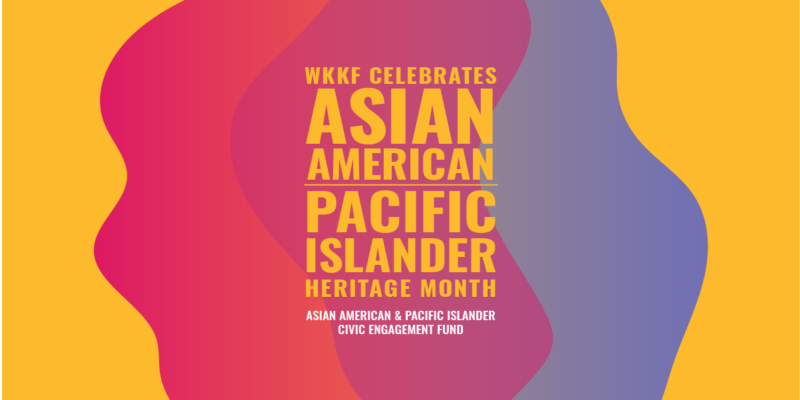

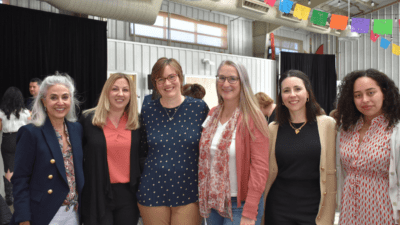
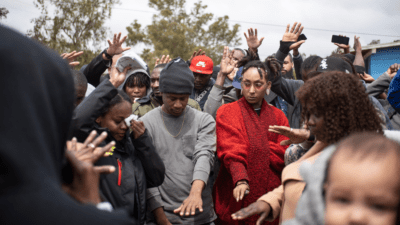
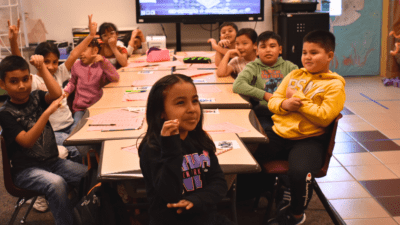
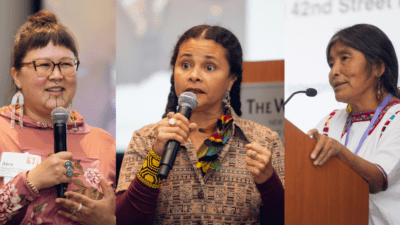

Comments